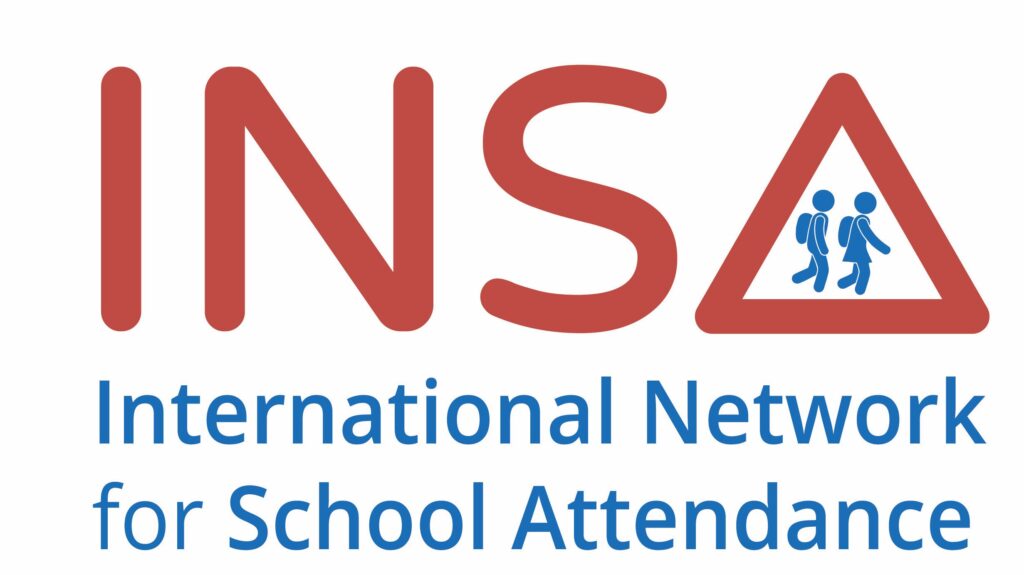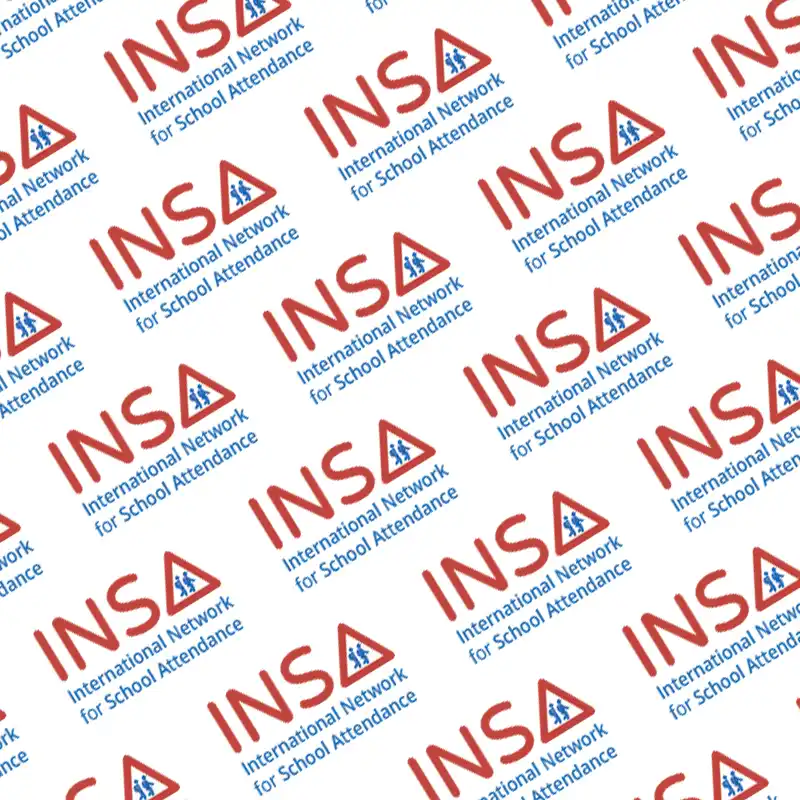Inclusion in Japanese Schools
New initiatives on inclusiveness in Japanese schools The World Economic Forum reports on efforts in Japan to improve inclusiveness of …
New insights into school attendance from Australia
In 2023, the Australian Education Research Organisation (AERO) investigated student attendance in Australian schools at the request of Education Ministers. …
INStAnt relaunched
INSA are pleased to announce the relaunch of INStAnt. Members will receive their copy via email next week.
Read about research trends in school refusal
Sümeyye Ulaş, Carolina Gonzálvez and İsmail Seçer report on an international bibliometric analysis of scientific collaborations on the topic of …
New INSA Website – Coming soon
The INSA team have been working on an all new website with extra features. We look forward to launching it …
Register now for the 2024 Conference
Registration is now open for the 2024 INSA Conference in New Orleans. Early Bird registration ends 1st August. Don’t miss …





